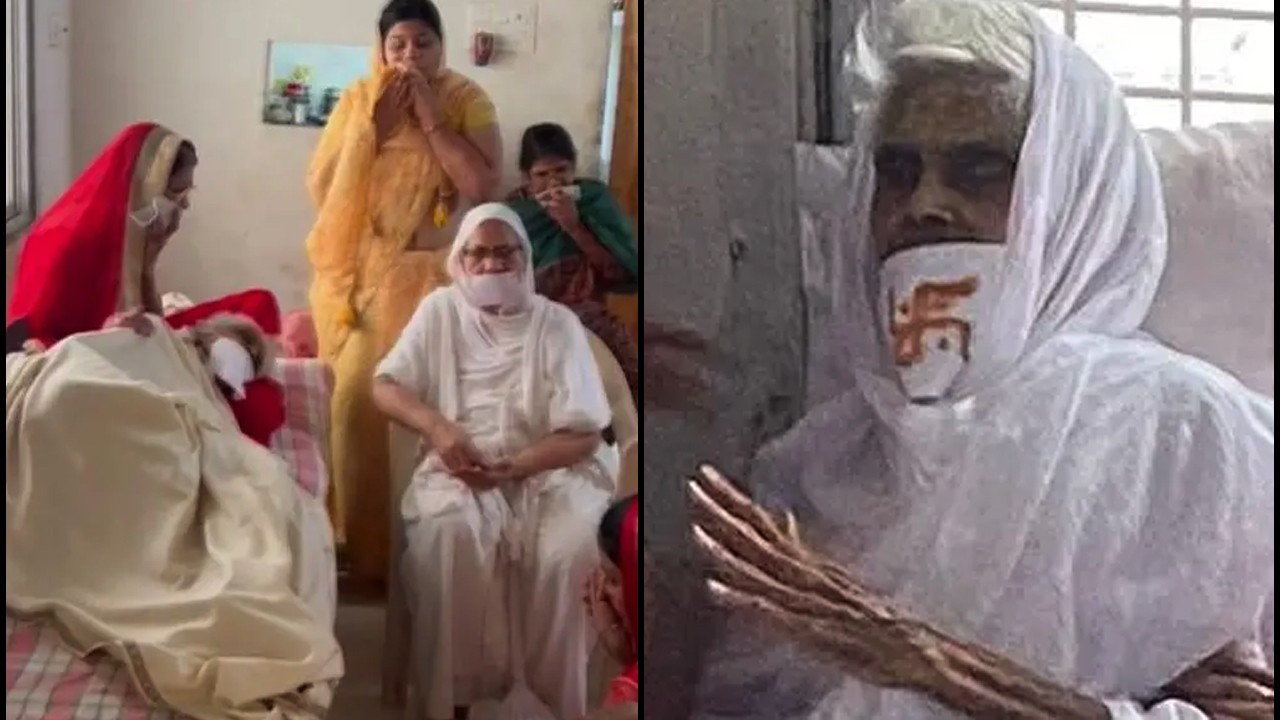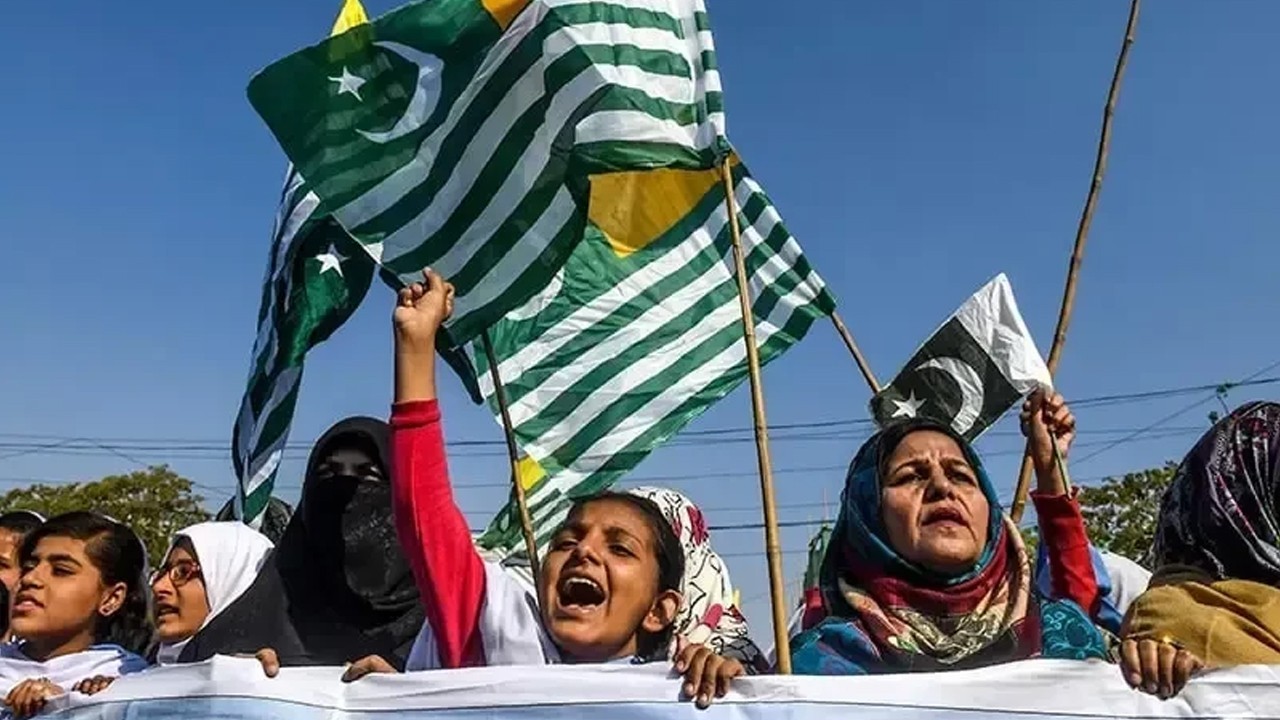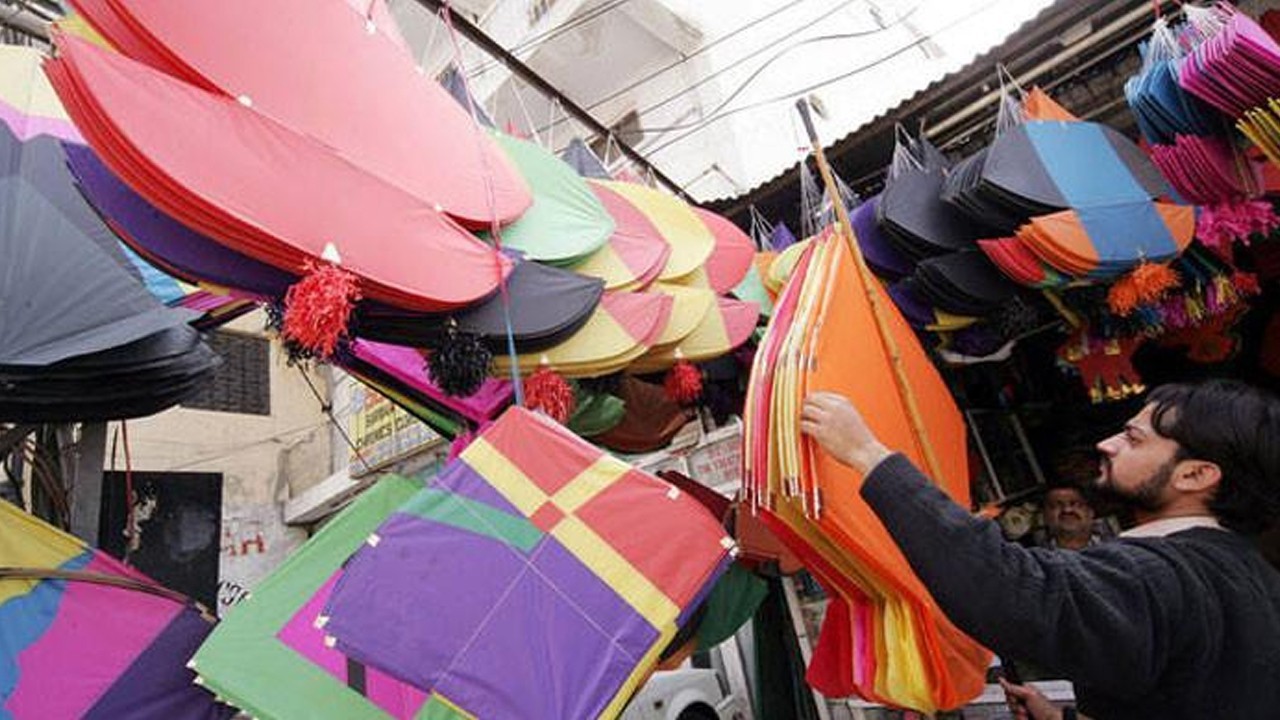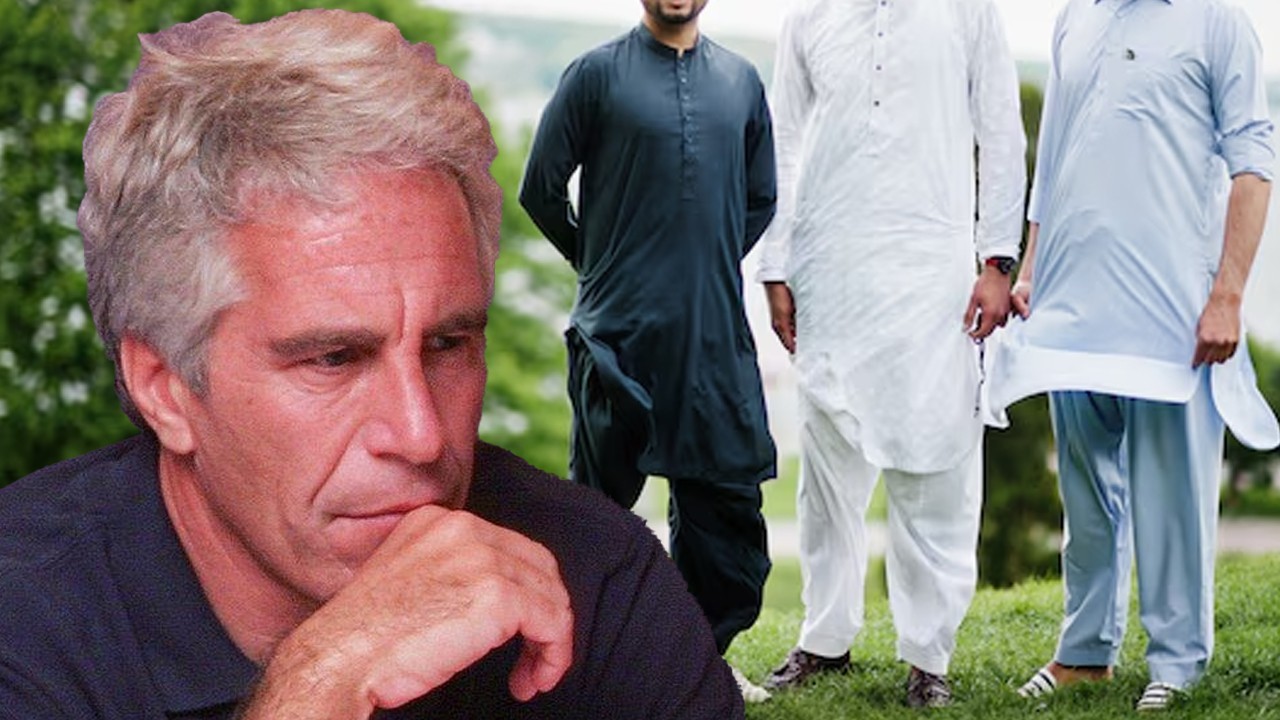Did you know? Followers of Jainism observe ritual of fasting until death

Web Desk
|
22 Feb 2025
Followers of Jainism observe a fasting practice in which one embraces death by abstaining from food and drink. Though it is not obligatory, approximately 200 to 500 Jains choose to die this way each year, according to Indian media reports.
An Indian woman, after being diagnosed with cervical cancer, preferred fasting until death rather than undergoing treatment. She stopped consuming water and food a week before her death.
Saair Devi, 88, was diagnosed with the disease on June 25, when she underwent a biopsy. It was revealed in the report that her cancer was spreading rapidly.
“On July 23, 2024, she took a bowl of soup and then informed us of her decision to undertake ‘Santhara,’ also known as Sallekhana—a Jain practice of fasting to death.”
Santhara was not an essential ritual in Jainism; however, it is common in India where at least 200 to 500 individuals adopt this practice to death.
Several petitions were filed in Indian court against the practice, with petitioners arguing that it constitutes suicide.
However, Jain devotees contend that Santhara should not be equated with suicide, as “it does not involve any medical intervention, nor do individuals consume poisoned medicine or vaccines,” BBC Urdu quoted Professor Steven, an expert on Jainism.
He described it as a historical practice, symbolising the voluntary abandoning of the body.
In videos made during the fasting, Saire Devi was seen dressed in a white sari, with a square cloth covering her face.
Her grandson, Parne Modi, recalled that she was “calm and conscious and talking until the end.”
He said that after her death, a lot of friends and family came to her house, prayed for her, and they celebrated her death after Santhara as they said that “it was not a mourning of her demise, but it was a gratitude for life.”
Modi recalled her grandmother’s last moments when she offered 48-minute-long prayers, but her face remained bright, and she seemed calm.
“This scene was unbearable for me because I know that she had had severe pain from skipping medicines, but she was navigating a good destination, so we accepted her decision.”
The Rajasthan High Court banned the practice in 2015, but the country's Apex Court later lifted the ban.
Dr R. Mehta, a former government official, was one of those who were keen to keep the tradition alive.
He says it is considered the best form of death in Jainism. It is a peaceful, dignified death with the main aim of achieving eternal peace and spiritual purification.












Comments
0 comment